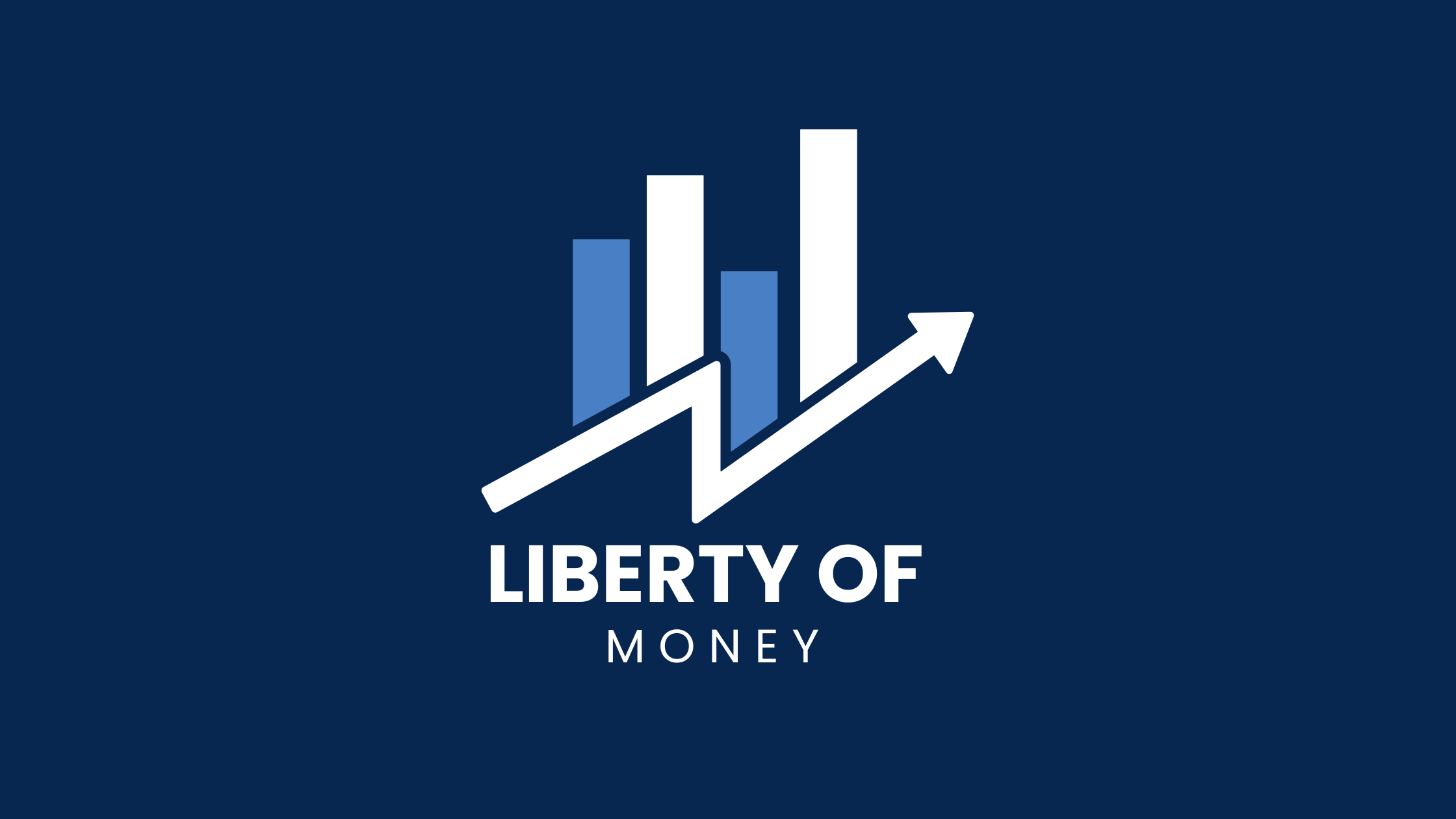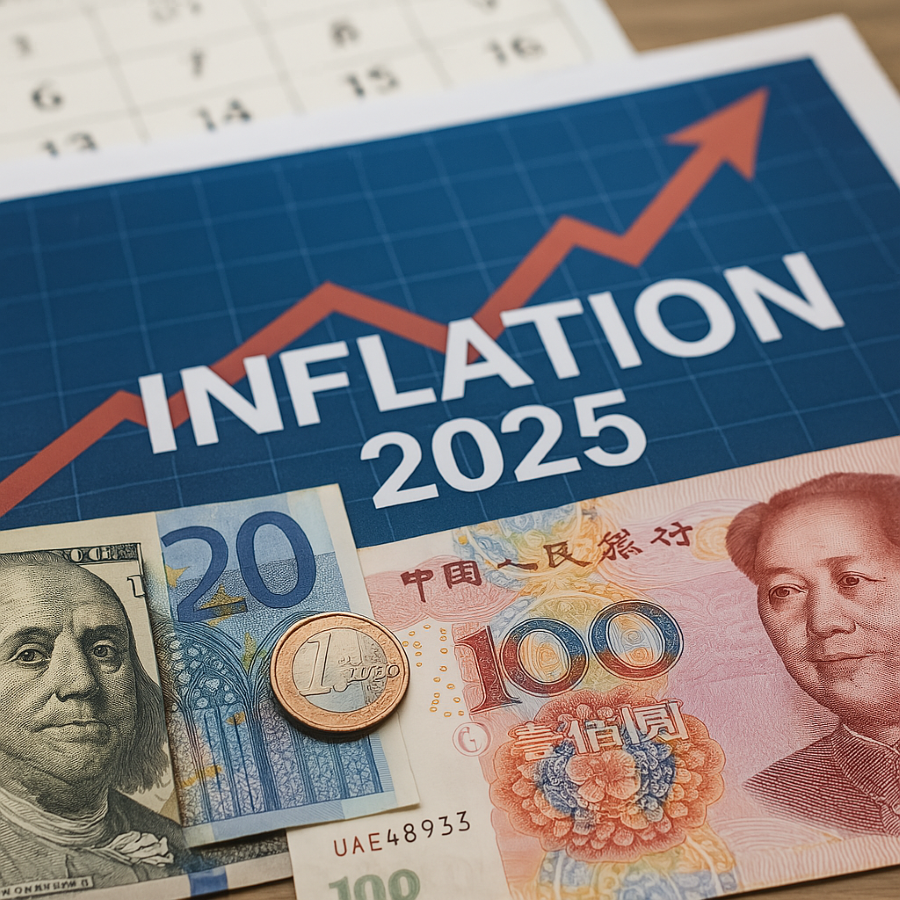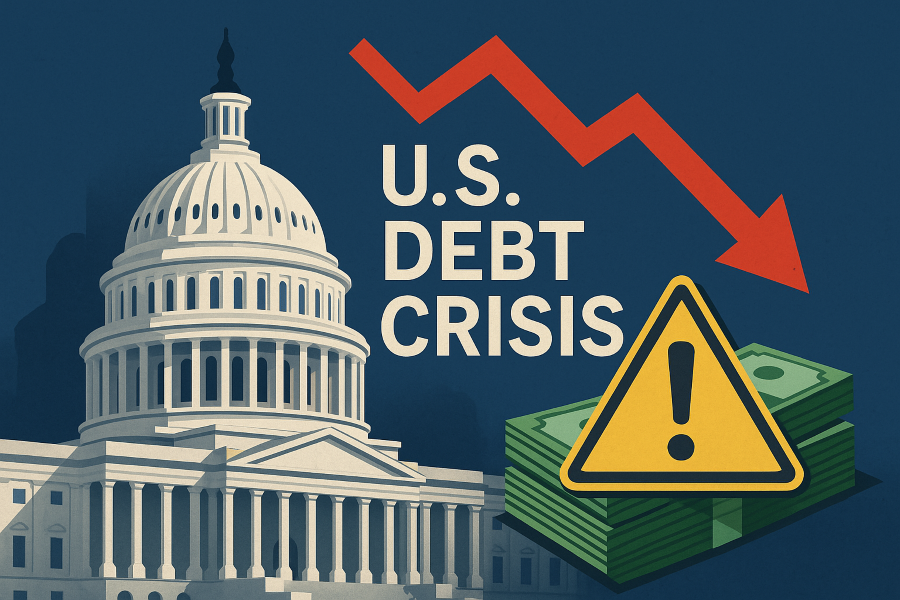Is the U.S. Debt Crisis a Ticking Time Bomb?
The U.S. national debt continues to soar, raising concerns about economic stability, inflation, and future financial security. In 2025, the government faces critical decisions to manage debt while sustaining economic growth. This article explores the risks of excessive debt and potential solutions to navigate the crisis.
Understanding the U.S. Debt Crisis
The national debt has surpassed record levels, with key contributing factors including:
- Massive government spending: Stimulus packages, social programs, and defense budgets have driven borrowing.
- Rising interest payments: Higher interest rates make debt servicing more expensive, diverting funds from other priorities.
- Global economic shifts: Dependence on foreign lenders, especially China and Japan, impacts economic stability.
Economic Risks of Growing Debt
Unchecked debt levels could trigger severe consequences, such as:
- Inflation and currency devaluation: Excessive borrowing can weaken the dollar and increase the cost of living.
- Higher taxes and spending cuts: The government may raise taxes or reduce essential programs to manage debt.
- Investor confidence decline: If the U.S. struggles to repay debt, markets could react with volatility.
Possible Solutions to the Debt Crisis
Experts propose several strategies to address the growing debt:
- Fiscal responsibility: Cutting unnecessary spending while prioritizing essential programs.
- Economic growth stimulation: Encouraging innovation, business expansion, and job creation to boost tax revenues.
- Debt restructuring: Refinancing government debt to extend repayment periods and lower interest costs.
- Public-private partnerships: Collaborating with private sectors to fund infrastructure and social programs.
The Role of Global Relations in Debt Management
- Trade agreements and tariffs: Strengthening trade partnerships can increase revenue and reduce reliance on debt.
- Foreign debt holdings: Managing relationships with major debt holders like China is crucial for financial stability.
- Geopolitical stability: Avoiding economic sanctions and conflicts helps maintain investor confidence.
What Can Individuals Do to Prepare?
While national debt may seem like a government issue, it has direct impacts on everyday finances. Steps individuals can take include:
- Diversifying investments to protect against inflation and market volatility.
- Reducing personal debt to avoid financial strain in uncertain economic conditions.
- Staying informed about policy changes that may affect taxes and benefits.
Can the U.S. Overcome Its Debt Crisis?
The debt crisis poses significant risks, but with strategic policies and economic reforms, the U.S. can navigate the challenges. Staying informed and taking proactive financial steps will help individuals and businesses adapt to changing economic conditions.




